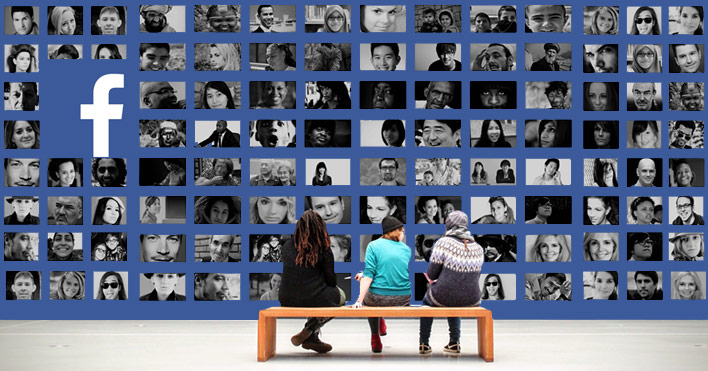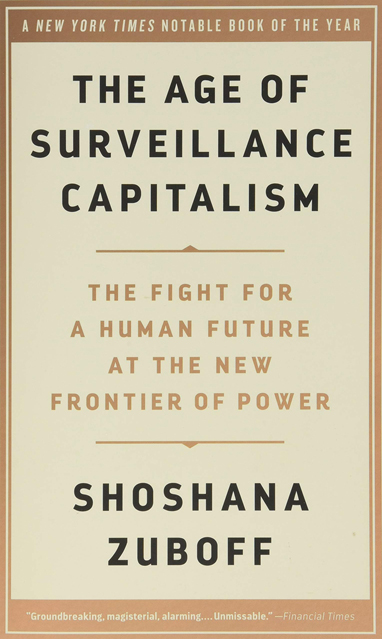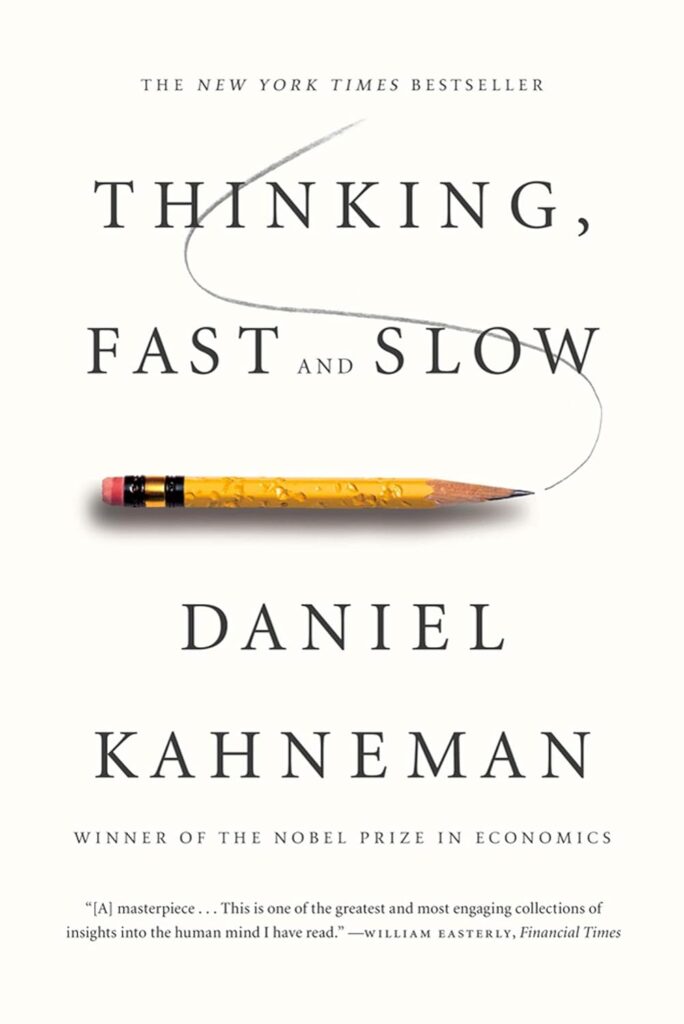
Our Digital World
Technological developments over the past 50 years have transformed human life like nothing before. Computers have revolutionized every aspect of life in the 21st century: communication, social relationships, commerce, politics—even creativity. These changes are only accelerating, so it is critical that we do our best to understand—and control—them.
Viral Ideas

The Pandemic and Misinformation
We are in the midst of the greatest revolution in communication technology since humanity spread across the globe, exceeding in scope and impact the printing press. However, experts in the fields of media, journalism, and communications have been warning us for years that social media is using us more than we are using it.
Reality Distortion and Information Warfare
We have created a world in which information flows more freely and efficiently than ever before and yet we are finding it harder to understand one another and to agree on basic facts about reality. It is natural for people to disagree on important issues, but social media magnifies the political, cultural, and ethnic divisions within our societies, almost as if they were designed to do so.
Origins of Fragmentation
In their book, The Axemaker’s Gift, James Burke and Robert Ornstein have shown us that every tool or technology we invented, from the hand axe chipped out of stone to the printing press, took on a life of its own. Each gift changed humanity in ways that were neither suspected nor predicted by the axemakers and their delighted recipients.
The Science of Fake News
The amount of false news online is clearly increasing, with serious consequences. It can drive the misallocation of resources during terror attacks and natural disasters, the misalignment of business investments, and misinformed elections.
The Age of Surveillance Capitalism: The Fight for a Human Future at the New Frontier of Power
It has been a little over two decades since an obscure digital systems architecture known as the Internet, intimated itself, almost innocuously, into our lives. In that time scarcely a day goes by, or even hours, when most of us aren’t engaged in some form of online activity.
On Tyranny
It is not the ordinary that excites and drives us, but our emotions, especially fear and greed. To focus such drives, we look to a leader, and leaders often manipulate these emotions and our tribal instincts to harness us against some demonized “other”—like the Jew for the Nazis; the Rwandan Tutsi for the Hutus; or people of color for White Supremacists.
The True Believer
Tyranny cannot rise by force alone. A tyrant needs the consent of the majority made compliant and enthusiastic by circumstance, attitude, and indoctrination. But understanding these mechanisms can help us avoid such manipulation.
Mr. Putin, Operative in the Kremlin
For those of us in the democratic West, the rise of authoritarianism in countries like the USA and Hungary has come as a nasty surprise, one that is difficult to accept. Though if we were to look back over the history of dictatorship in the past hundred years, we should not be surprised.
Taming the Web

The Evolution of Social Networking
To understand what is happening right now we need understand how the world wide web has changed from when it was first invented by Tim Berners-Lee in 1989. The transition from then to now has been made possible by the pervasive use of computer algorithms.
What Is an Algorithm?
In its simplest form an algorithm is any set of steps that, if followed, will accomplish a goal. For instance, a recipe is an algorithm that a human follows to make a meal.
Social Networks

The Great Attention Heist
Recent revelations by IT professionals and social media executives confirm that their products were intentionally designed to “consume as much of your time and conscious attention as possible.”
The Marketplace of Ideas
Social networks, the ones we have belonged to ever since we ventured out of the trees and onto the savannah, have always been our most important source of information.
Algorithmic Gatekeepers
What happens when the social media algorithms become the gatekeepers of our information ecosystem?
Hacking Human Minds
Anything that repeats a falsehood, even if it includes a rebuttal, amplifies and spreads the falsehood. It is not just the trending algorithms that are gamed by propaganda but our own minds.
You Can’t Not Believe Everything You Read
Anything that repeats a falsehood, even if it includes a rebuttal, amplifies and spreads the falsehood. It is not just the trending algorithms that are gamed by propaganda but our own minds.
The Anxious Generation
In The Anxious Generation, social psychologist Jonathan Haidt focuses on the alarming rise in teen mental illness that has swept across many countries in recent years, specifically affecting Gen Z (those born in 1995 and later).
Reclaiming the Public Square
Democracy and human rights depend on a healthy information ecosystem, and we cannot depend on tech companies alone to act as the arbiters of truth.

The Anxious Generation
How the Great Rewiring of Childhood Is Causing an Epidemic of Mental Illness
An essential investigation into the collapse of youth mental health—and a plan for a healthier, freer childhood.
By Jonathan Haidt (2024)

On Tyranny
Twenty Lessons from the Twentieth Century
Timothy Snyder
It is not the ordinary that excites and drives us, but our emotions, especially fear and greed. To focus such drives, we look to a leader, and leaders often manipulate these emotions and our tribal instincts to harness us against some demonized “other”—like the Jew for the Nazis; the Rwandan Tutsi for the Hutus; or people of color for White Supremacists.

The Age of Surveillance Capitalism
The Fight for a Human Future at the New Frontier of Power
Shoshana Zuboff
The internet has developed a new form of exploitation, like nothing we’ve seen before. The apt term Shoshanna Zuboff coins for it, “surveillance capitalism” describes a novel paradigm of free enterprise which seeks to convert all human experience into data, and create wealth by predicting, influencing and controlling human behaviour at scale.

Thinking, Fast and Slow
By Daniel Kahneman
Review by Mark Looi (republished from marklooi.medium.com)
Kahneman writes the book as a lay person’s introduction to experimental psychology and summarizes some of the major results of the past 40 years. In doing so, he gives a high level description of the scientific method as applied in social science, the art of creating hypotheses, the clever experiments to test them, and a little about how the data are analyzed. He shows how slowly but surely, in conjunction with many researchers around the globe, our understanding of human thinking has advanced.
